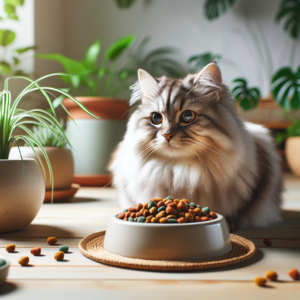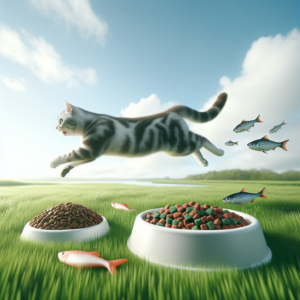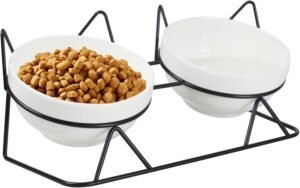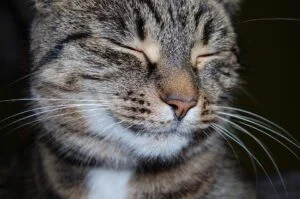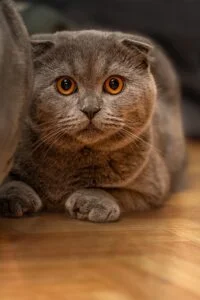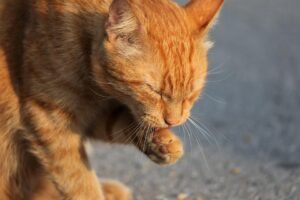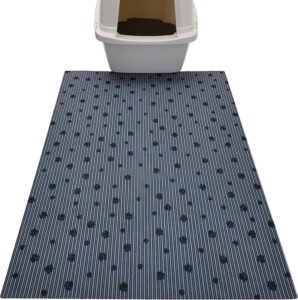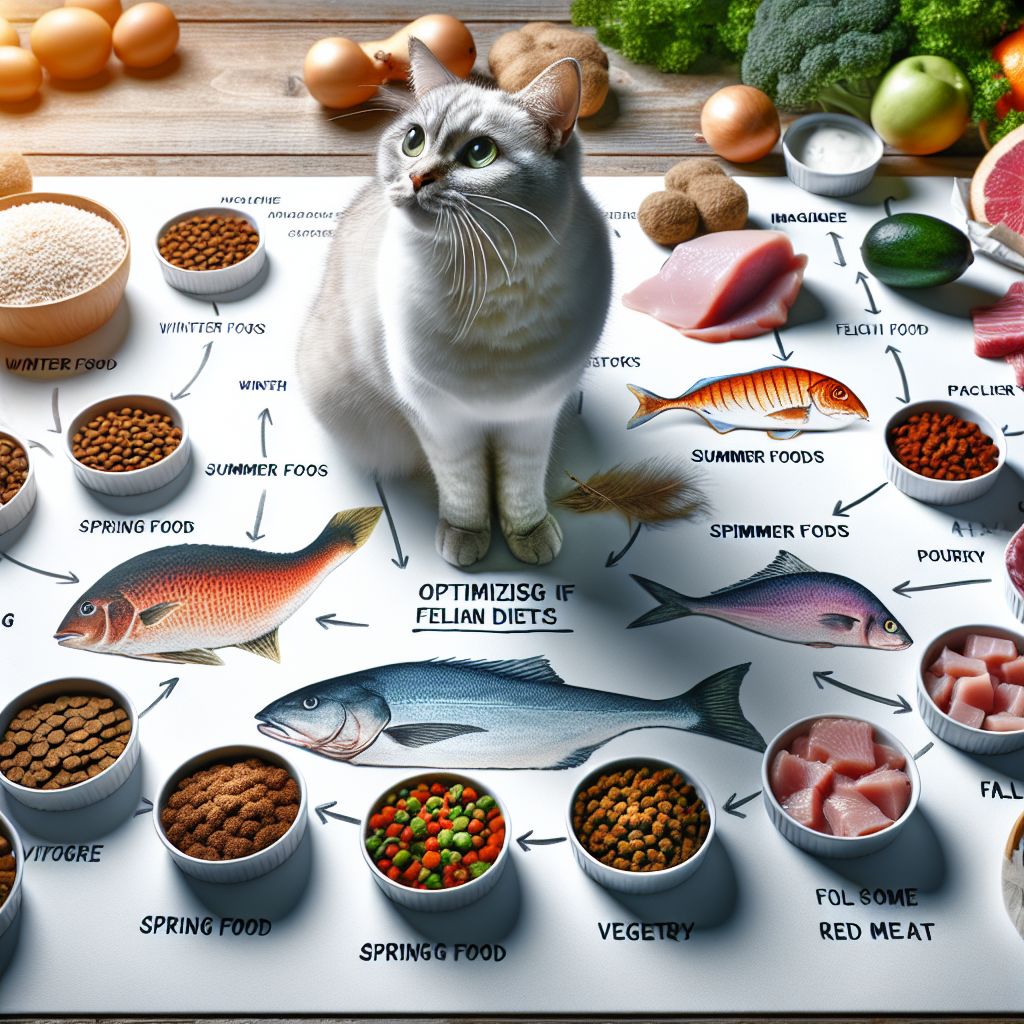
“`html
Introduction
Cats, like humans, experience changes in their nutritional needs and behaviors with the changing seasons. Seasonal shifts can influence a cat’s appetite, energy levels, and overall health. As responsible pet owners, it’s important to optimize feline diets to accommodate these changes, ensuring that cats remain healthy and vibrant throughout the year.
Understanding Seasonal Changes in Cats
Cats are highly adaptable creatures, but they are also sensitive to environmental changes. Seasonal shifts can affect various aspects of a cat’s life, including:
Temperature Fluctuations
As temperatures rise or fall, cats may adjust their activity levels. During colder months, they might seek warmth and become less active, while warmer temperatures can increase their activity.
Daylight Variations
Daylight hours influence a cat’s circadian rhythm, affecting sleep patterns, mood, and energy levels. Longer days might make cats more active, while shorter days could lead to increased lethargy.
Shedding and Coat Changes
Cats shed their fur seasonally, which can impact their dietary needs. A diet that supports skin health and fur quality is crucial during these periods.
Spring: Awakening and Vitality
Spring is a time of renewal and increased activity for many cats. As the days grow longer and temperatures moderate, cats may experience a boost in energy and playfulness.
Adjusting Caloric Intake
With increased activity, cats may require more calories to fuel their energy. Consider incorporating high-quality proteins and healthy fats to support their active lifestyle.
Supporting Skin and Coat Health
As cats shed their winter coats, a diet rich in omega-3 and omega-6 fatty acids can promote a healthy coat and reduce shedding. Foods like fish oil supplements or diets containing fish as a primary ingredient can be beneficial.
Addressing Allergies
Spring often brings about allergens that can affect cats. If your cat shows signs of allergies, such as excessive scratching or sneezing, consult a veterinarian. A hypoallergenic diet may be recommended to alleviate symptoms.
Summer: Hydration and Heat Management
Summer can present challenges related to heat and hydration. Cats need support to stay cool and hydrated during hot weather.
Ensuring Proper Hydration
Cats are prone to dehydration as they naturally have a low thirst drive. Ensure fresh water is always available. Incorporating wet food into their diet can increase moisture intake.
Managing Heat Stress
Avoid feeding large meals during the hottest parts of the day. Opt for feedings in the cooler morning and evening hours. If your cat spends time outdoors, provide ample shade and water.
Light, Nutrient-Dense Diet
In hot weather, cats may eat less. Prioritize nutrient-dense foods that provide essential vitamins and minerals in smaller portions to maintain health without overeating.
Autumn: Preparing for Winter
As temperatures start to drop and days shorten, cats may experience changes in appetite and energy levels. This is a time to prepare their bodies for the colder months ahead.
Boosting Immune Function
Autumn is an ideal time to boost the immune system to prepare for winter. Diets rich in antioxidants, vitamins C and E, and beta-carotene can support immune health.
Gradual Caloric Increase
Cats may start to consume more food to build up fat reserves for winter. Gradually increase caloric intake with high-quality proteins and fats to avoid sudden weight gain.
Maintaining Coat Quality
Continue supporting coat health as cats grow their winter fur. Omega fatty acids remain important for a thick and healthy coat.
Winter: Warmth and Energy Conservation
Winter can lead to decreased activity levels as cats seek warmth and conserve energy. Their dietary needs may shift accordingly.
Providing Energy-Dense Foods
To support warmth and energy, consider energy-dense foods that provide adequate calories without overfeeding. Look for foods that have a balance of proteins, fats, and carbohydrates.
Encouraging Indoor Play
With reduced outdoor activity, encourage indoor play to maintain a healthy weight and prevent obesity. Interactive toys and play sessions can stimulate physical and mental activity.
Monitoring Weight
Be vigilant about weight gain during winter. Regularly monitor your cat’s weight and adjust their diet accordingly to prevent obesity-related health issues.
Conclusion
Optimizing feline diets for seasonal shifts is an essential aspect of responsible cat ownership. By understanding how seasons affect your cat’s health and behavior, you can make informed dietary adjustments to support their well-being year-round. Regular consultations with a veterinarian can provide further guidance tailored to your cat’s specific needs, ensuring they enjoy a healthy and happy life through every season.
“`
